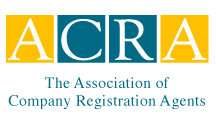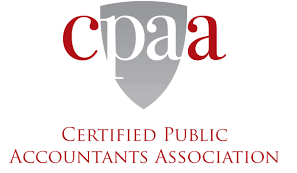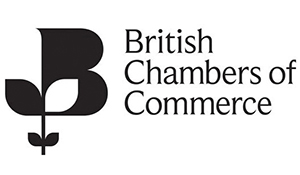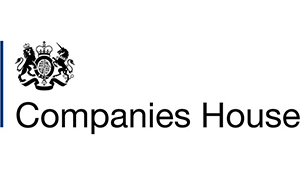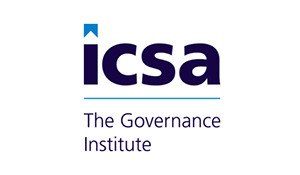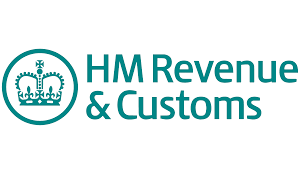Securing a work visa for a European country can open the door to exciting career opportunities and valuable international experience. However, the process can be complex and competitive, especially for non-EU/EEA citizens. To boost your chances of success, it’s essential to prepare strategically, understand country-specific requirements, and ensure you meet all eligibility criteria. Here’s a detailed guide with practical tips to help you navigate the process smoothly.
1. Secure a Job Offer and Employer Sponsorship
The most crucial step in obtaining a European work visa is landing a job offer from an employer in your target country. Many European countries require that employers sponsor the visa application for non-EU workers, so it’s vital to confirm that your potential employer is willing and able to support your visa process. Without an official job offer or sponsorship, most work visa applications will not be considered.
2. Understand the Visa Program and Its Requirements
Each European country has its own visa programs, rules, and procedures for foreign workers. Start by thoroughly researching the specific country you want to work in to understand:
-
The types of work visas available (e.g., general work visa, EU Blue Card, seasonal work permit)
-
The eligibility criteria for your visa category (such as education level, professional experience, or salary thresholds)
Understanding the program details will help you choose the right visa and avoid wasting time on inapplicable pathways.
3. Gather All Required Documents
Work visa applications typically require a set of standard documents, including:
-
A valid passport
-
A formal job offer or employment contract
-
Proof of qualifications (degrees, certifications, etc.)
-
Evidence of financial means to support yourself
-
Health insurance coverage
-
A criminal background check, if required
Be aware that some countries have additional requirements, such as language proficiency certificates, medical tests, or official translations of documents. Check the country’s immigration website for precise details.
4. Apply Early and Submit a Complete Application
Processing times for work visas can vary widely across Europe, so it’s wise to apply well in advance of your planned relocation date. Carefully review your application to ensure it’s complete, accurate, and properly organized. Incomplete or incorrect applications are a common reason for delays or rejections.
If you’re unsure about any part of the process, consider seeking guidance from a visa consultant or immigration lawyer, especially for more complex cases.
5. Strengthen Your Profile with Skills, Language, and Resources
Certain factors can make your application stand out or increase approval chances:
-
In-demand skills: Expertise in sectors like IT, engineering, or healthcare is highly sought after across Europe.
-
Language proficiency: Some countries may require proof of fluency in the local language, especially for customer-facing roles.
-
Financial resources: Be prepared to show that you can financially support yourself, particularly during the initial months of your stay.
-
Health insurance: Valid health insurance is almost always a requirement for approval.
6. Explore Remote Work Opportunities
If you’re planning to work remotely for a European employer or as a digital nomad, check whether the country offers a remote work visa or digital nomad permit. Several European nations, such as Estonia and Portugal, have launched specific visa categories tailored for remote workers.
By combining preparation, research, and careful attention to detail, you can significantly improve your chances of successfully obtaining a European work visa. Focus on securing a strong job offer, meeting country-specific requirements, and assembling a complete and well-documented application. With the right approach, you’ll be on your way to building a rewarding career in Europe.


